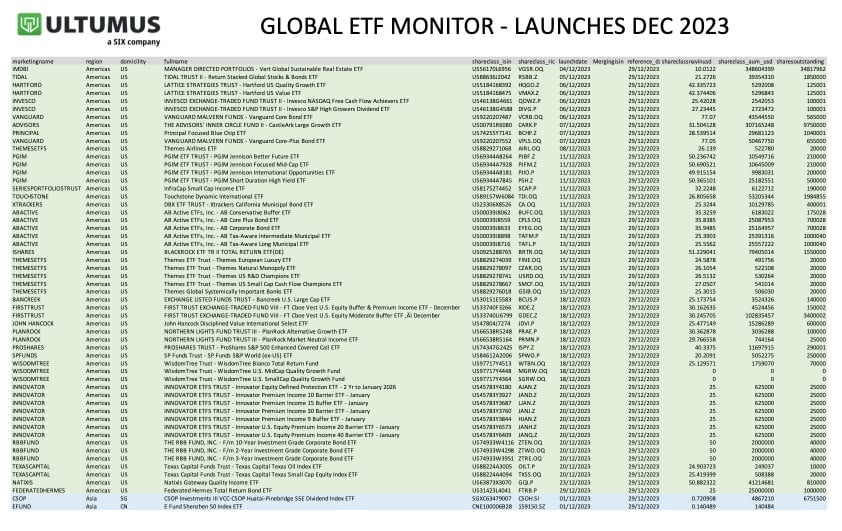VanEck launches Indian internet ETF
VanEck has launched an Indian digital economy ETF that targets internet, software and telecoms companies.
The VanEck Digital India ETF (DGIN) tracks the MVIS Digital India Index. MVIS is a wholly owned subsidiary of VanEck, based in Germany.
Companies are selected in two stages.
The first stage simply takes companies that make more than half their money from: communications equipment; telecoms infrastructure and services; internet apps; ecommerce; and online payments.
The second stage might be described as the “Reliance rule”. It allows companies ranked within the top 10 telecoms companies to be eligible, regardless of revenue purity.
Companies are market weighted, with each company limited to taking 8% of the fund. This stops Reliance and Infosys from becoming too influential.
The result is a basket of 35 stocks with a 63% exposure to the technology sector.
The fund charges 0.75%.
Bernie’s commentary – how do you solve a problem like Reliance?
The investment thesis behind this fund is straightforward. India is a country full of under-30s. They are picking up smartphones at a rapid speed. For most Indian families their first internet device is a smartphone which they acquired in the past five years. These demographics – young people with smart phones – form the basis of India’s internet economy.
While the theme is correct, questions remain about what to do with Reliance.
Reliance is the biggest company in India and equal-largest holding in this ETF. It makes most of its money from fossil fuels; it’s the world’s biggest oil refiner. But it’s a crucial part of India’s tech future because it built out India’s premiere tech platform called Jio, with help from Facebook and Google. The aim of Jio was to provide apps and platforms for the exploding number of young people acquiring phones. Jio has been a triumph and propelled Reliance’s share price higher. It’s also kept Amazon out of the country, despite the Bezos charm offensive.
VanEck knows how important Reliance is to the theme. It seems like the index rules were designed with it in mind. (Hence the “Reliance rule” about biggest 10 telecoms companies; Reliance doesn’t qualify on revenue purity. We noted VanEck provided flexibilities with its video games ETF (ESPO) two years ago).
Still, it’s an open question about whether Reliance belongs in a fund like this. On the one hand, its mostly a fossil fuel company and bricks and mortar retailer. Yet it’s also crucial to digital India. You could argue it either way.




